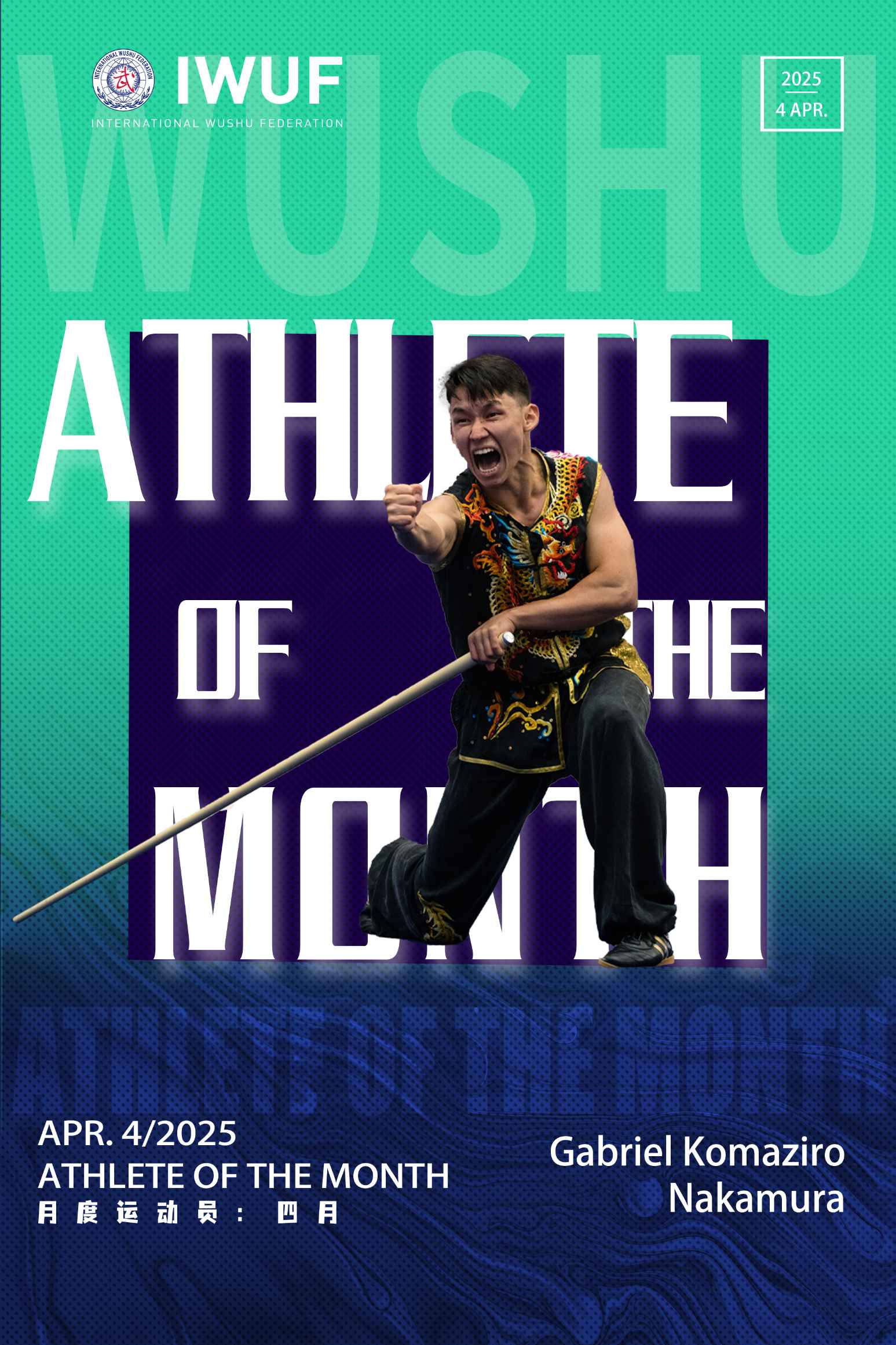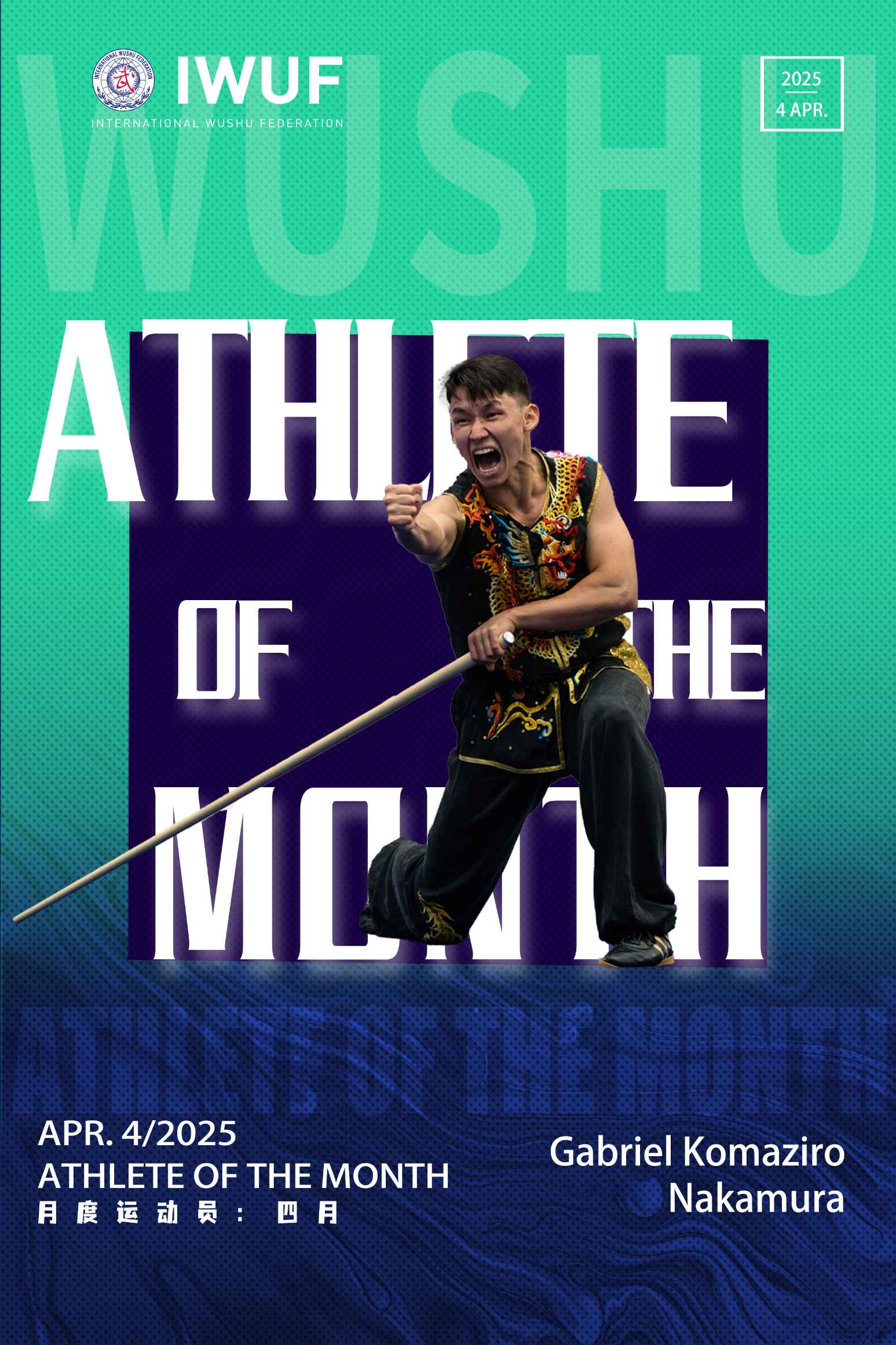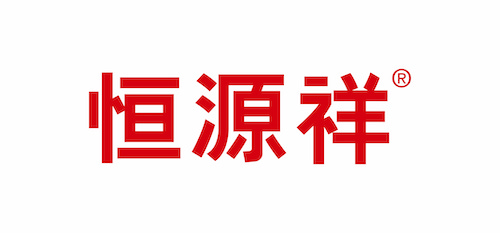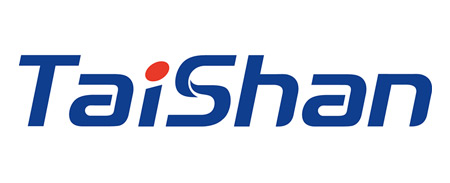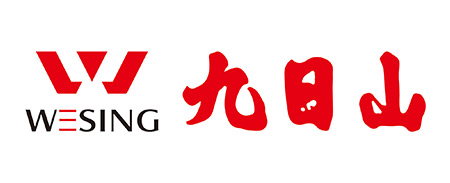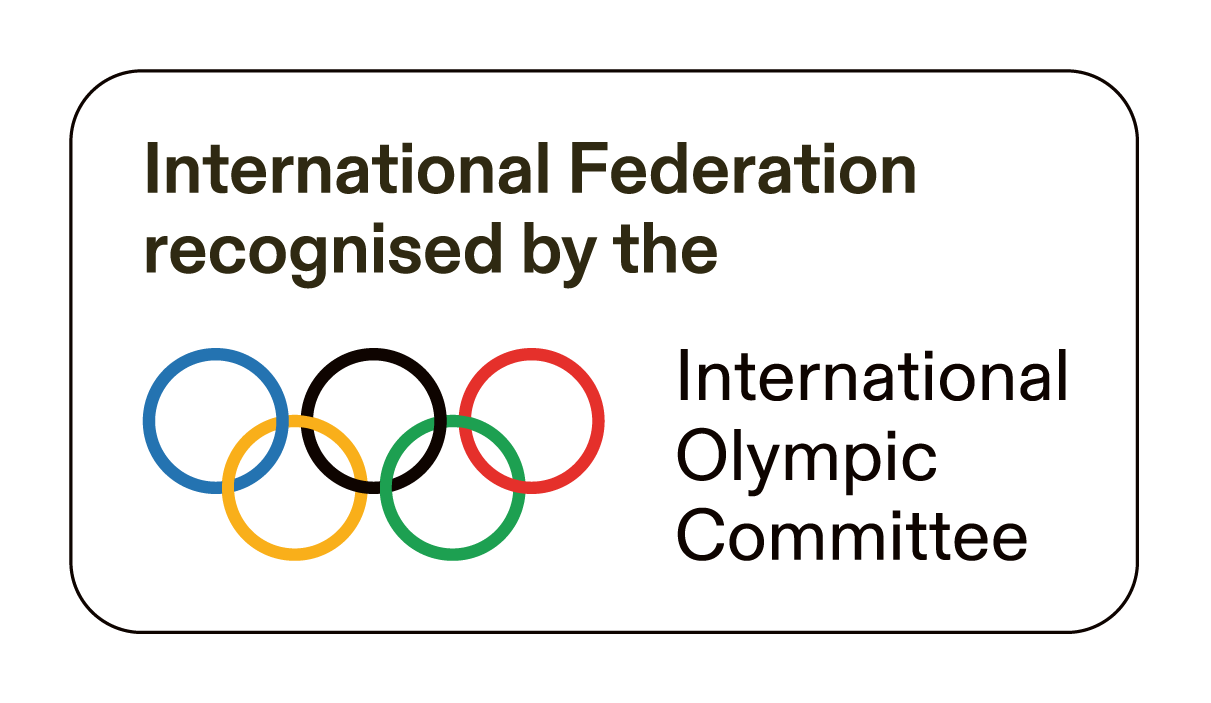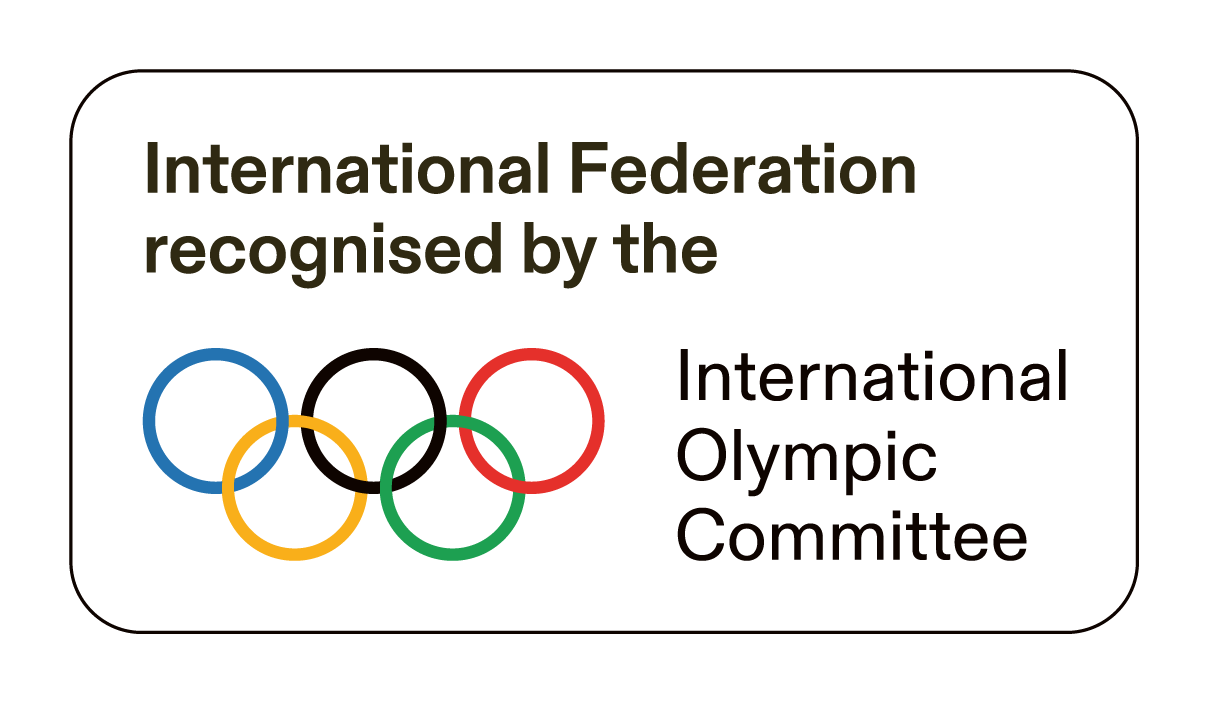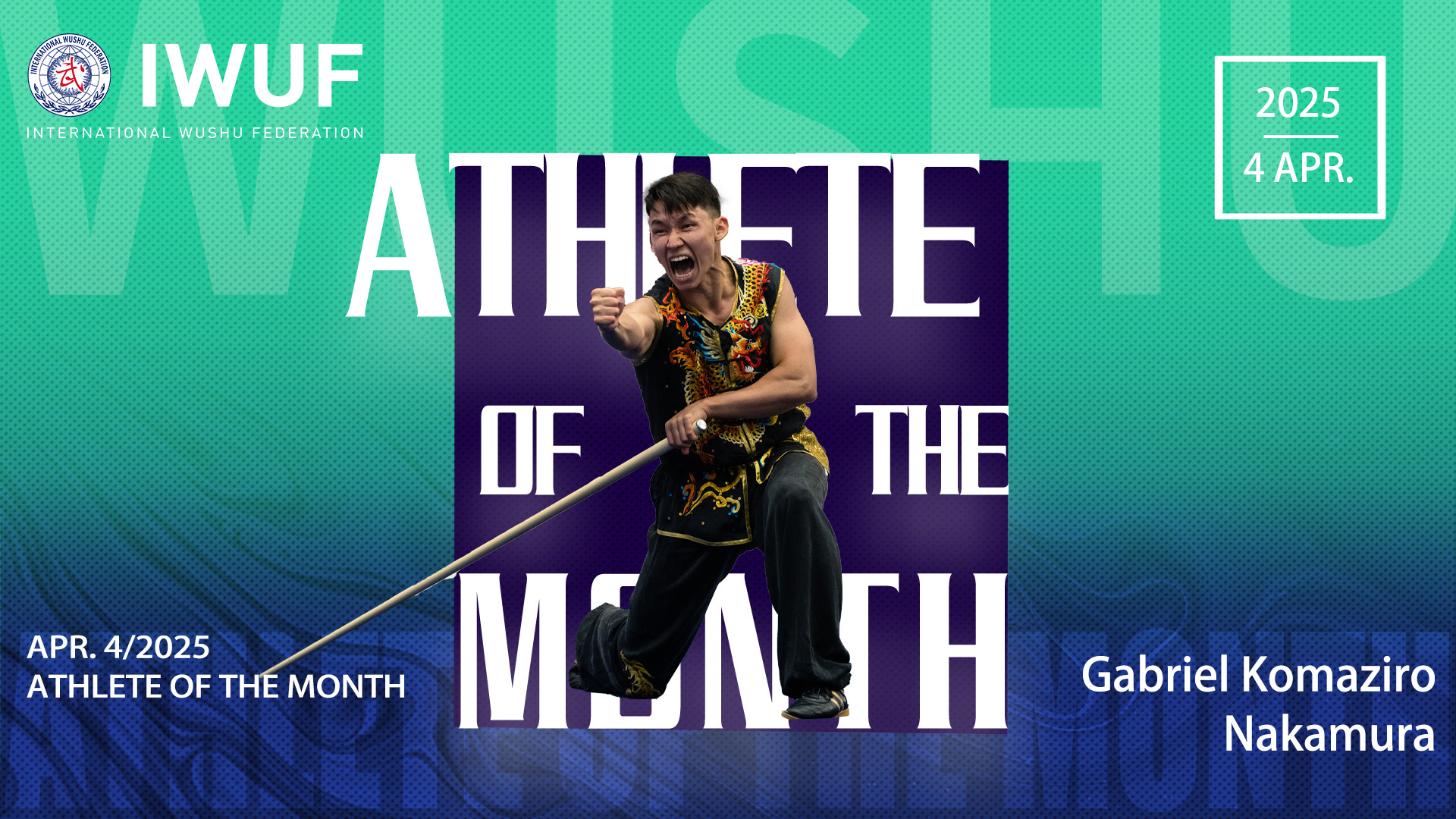
Gabriel Komaziro Nakamura is a leading member of the Brazilian National Wushu Team, and a wushu star on the Pan American circuit. In 2023 at the 16th World Wushu Championships his energetic performance placed him 9th in nangun. At the Taolu World Cup, in Japan in 2024, he placed 6th in nangun. In 2022 at the 13th Pan American Wushu Championships he won gold in nandao, gold in nangun and bronze in nanquan, and in 2024 at the 14th Pan American Wushu Championships he won gold in both nanquan and nangun. He also competed in wushu at BRICS and the World Games Series in Hong Kong,China in 2024.
Wushu Beginnings
Gabriel Komaziro Nakamura, 28, hails from Brasília, the capital of Brazil. He first discovered wushu when he watched a documentary on TV about the monks of the Shaolin temple in China. “The documentary,” he recalls, “showed the monks’ routines, lifestyle, daily meditation rituals, and also their martial arts practices. I was interested right away, so much so that that same day I took a broomstick from my house and started spinning it on a lawn near where I live, trying to imitate what I had seen in the documentary.”
In 2012 Gabriel found a Buddhist temple near his home, where, serendipitously, they were about to teach martial arts. “I started practicing wushu in February of 2012,” he says. “I started in the first class they were going to open there. There were a lot of students at the beginning, and they were having basic practices, with everyone doing it together. There were hardening exercises, push-ups on gravel, whoever holds the horse the longest, and stick training with a broomstick. I liked physical activities and especially sweating and getting tired a lot, so wushu in this aspect really attracted me right away.”
Training and Competition
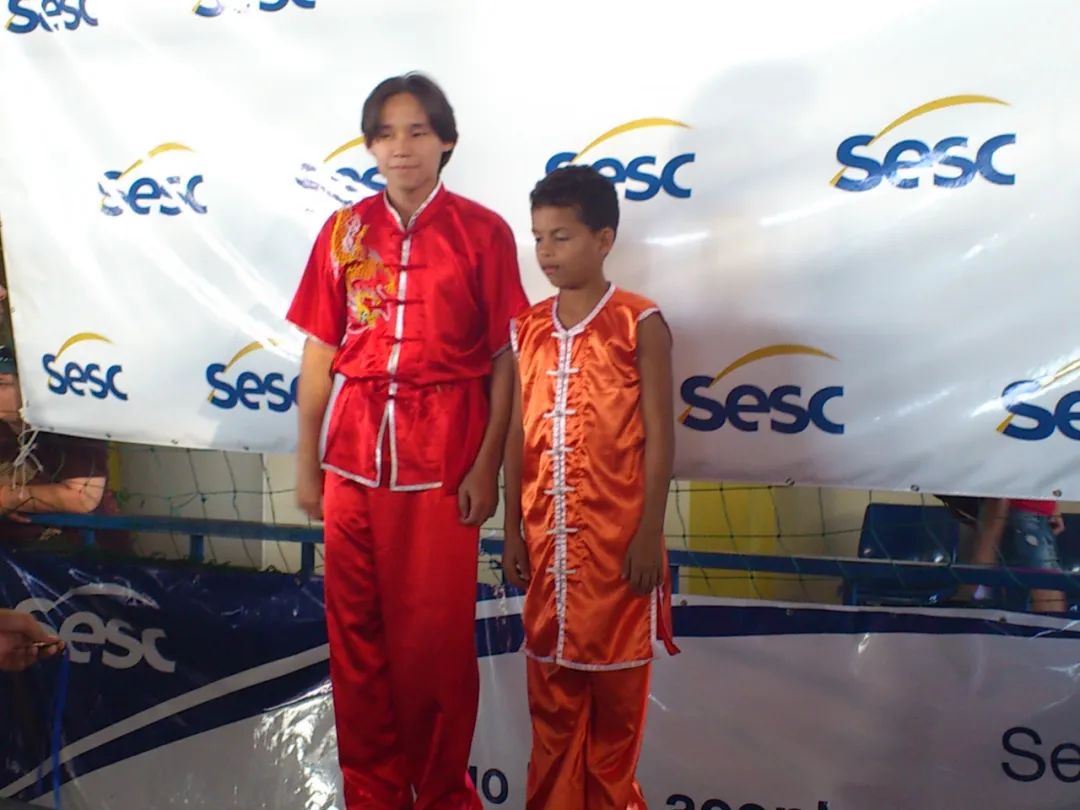
Gabriel remembers, “My first year and a half of training was more in the ‘traditional’ style: a lot of physical training - bending on the floor, with closed fists; sit-ups; building muscle - and also more basic routine training. After a year and a half, my first teacher left, and another one came. This new teacher was more focused on the competitive side of wushu. As soon as he joined, we started training to enter the competitions.”
Gabriel’s first competition was a multidisciplinary sports event in 2014, where wushu was one of the sports. “I trained nanquan 32 for that competition,” he remembers. “At the time, I didn’t know and still didn’t understand very well, the difference between northern and southern styles, I just chose what I thought was more fun to do. In that competition, I tied for first place with an 8-year-old boy! To tell the truth, he won, but since they were rounding up the scores, we ended up getting the same score: 8.00. I was in my third year of high school at this competition, and the day before I had played soccer all afternoon, so my legs were wobbly and weak by the time I played taolu. Talk about regrets!”
Brazilian National Wushu Team
Between 2014 and 2015, Gabriel’s training started to become more frequent and more intense. “When I started,” he says, “I trained only twice a week. Then I started training five times a week, and I arrived early for classes so I could practice more things. In 2015, I participated in my first regional and my first national competition. In my first national competition, I was starting to get pneumonia, so I was very sick and taking medication. The competition was tough; there were only two other athletes, and I came in third place because of the mistakes I made. But even with a low performance, I was invited by the coach to train with the Brazilian national team the following year, in 2016.”
Gabriel would come to specialize in nanquan, nangun and nandao, and we asked him why he likes these styles. He replies, “I like the aggressiveness and strength that the athlete shows during the presentation of these styles. And I really like the screams. I also think that the animal styles that nanquan has, like the tiger and the dragon, are very beautiful.”
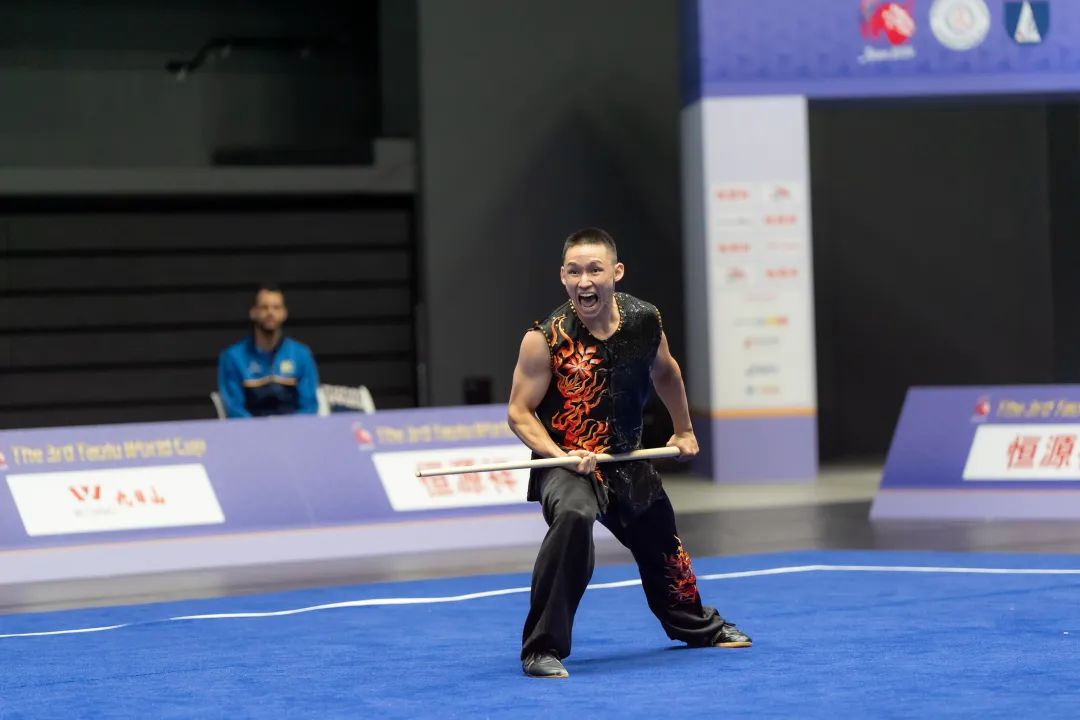
He adds, “When I started training, I trained changquan. But a teacher from my city told me that I was too stiff and not very stretched to do changquan. So it was by chance that I started training nanquan. But I feel that my body is well suited to the stronger movements of the style, especially the torso part. My favorite among them is the nandao. From the first time I saw the equipment, I became attached to the style.”
International Debut, Leaving Brazil
Gabriel’s international debut would be in Uruguay, in Montevideo, in 2017, in a South American competition. “In that competition I won the gold medal in the adult nanquan (3 sets), a category that no longer exists today.” Then, just as his wushu career was picking up speed, Gabriel moved to China in 2017, which put a damper on national Brazilian competitions, but which opened up another avenue for training wushu.
“I moved to China to start my studies at Beijing Sports University,” Gabriel explains, “where I majored in Wushu. I went there with my coach and other teammates from my hometown. Unfortunately, due to the pandemic, in 2020, we went back home for vacation to Brazil and were unable to return to China.”
Gabriel recounts that, “I lived in China from 2017 to 2020. During that time, I trained with a Chinese coach. The experience was very good, I saw and understood wushu in a way that we had never seen before. At the time, I trained with my current training friends. The time we spent training with him helped us understand wushu better in a completely new way.”
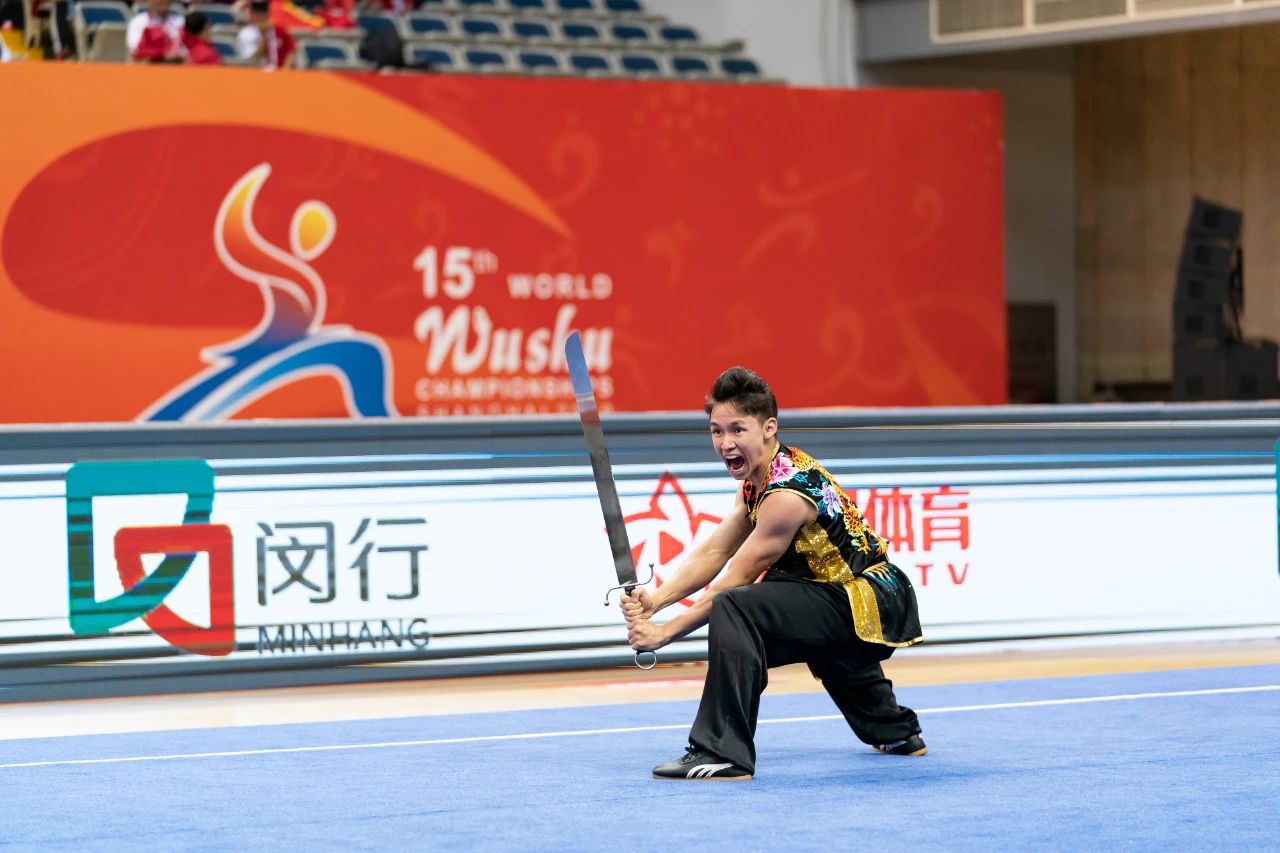
One special opportunity that Gabriel would have living in China was to compete in the 15th World Wushu Championships. “My first world championship was in Shanghai, in 2019,” says Gabriel. “Until that moment, I had only competed in one South American championship in 2017, and one university world championship in 2018. My training partners even joke that I had a strange rise within the Brazilian team: in 2016 I had an ACL injury; in 2017 I competed in the South American championship in adult nanquan and went to live in China; in 2018 I had the experience of the university championships (FISU); and in 2019 I was selected to compete in the world championships and got the best score on the Brazilian team. I have a special affection for my first world championship.”
Pan American Golden Champion
Because of some of these twists and turns in his life, including moving to China for three years, Gabriel only rose to become a national champion in 2021 when he moved back to Brazil. In the next few years he would go on to win many Brazilian national championships, and multiple medals at the Pan American Wushu Championships. In 2022 at the 13th PAWF he won gold in nandao, gold in nangun and bronze in nanquan. In 2024 at the 14th Pan American Wushu Championships he took gold in both nanquan and nangun.
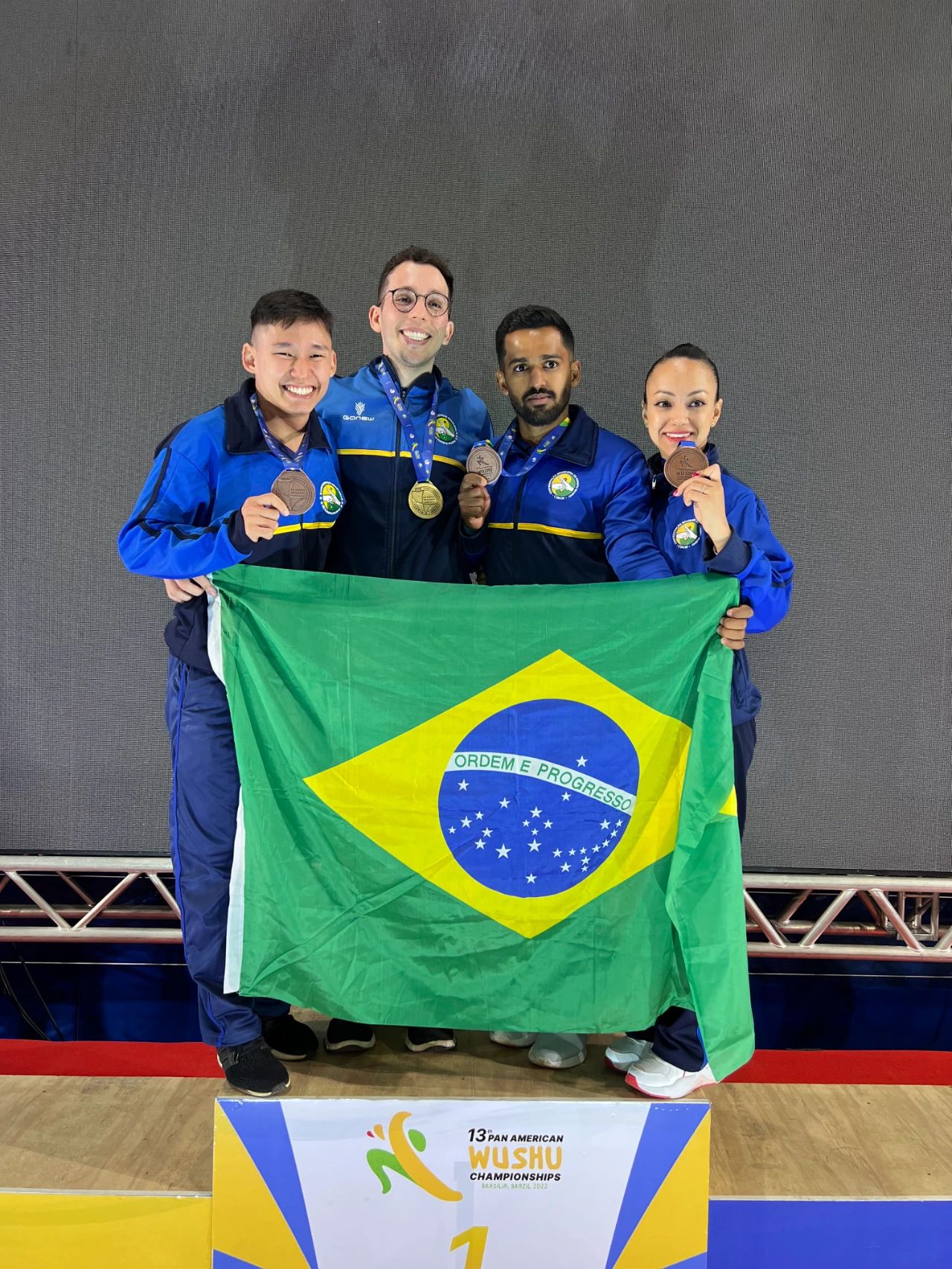
How did he feel after these accomplishments? “Winning is great,” he says. “Being among the best, competing knowing that you did your best and winning is a unique feeling. In 2022, here in Brazil, I was very nervous. The competition was at home, everyone was watching, and there was all that pressure. I was much more nervous than usual. But it was also great to hear the fans and everyone who wanted me to do a good job. In my first category, I got hoarse, so dealing with that in the middle of the championship was challenging. But each difficulty brings with it a virtue that we can work on.”
Gabriel continues, “In 2024, I was training well, I was coming from the BRICS Games. So the competition experience was fresher and more present. The biggest challenge of that Pan American was doing the 3 categories on the same day. The tiredness, the mental and physical fatigue, warming up and warming down. All of this made the competition not only about wushu, but also about focus and resilience. In the last category, nangun, I was already exhausted. During the warm-up, I was making a lot of mistakes on my jumps. I thought it wouldn't be worth entering just to make mistakes. But the support from my team gave me confidence. And what gives me the most courage is to compete, knowing that you are tired, and to do everything that needs to be done. That was the best lesson from those Pan American Games.”
He adds, “I feel I have matured a lot as an athlete, both in and out of training. Mentality, focus, knowing how to deal with mistakes and successes, knowing how to manage the good days and especially the bad days. And in this 4-year interval, I have become increasingly confident that I know how to do what I train for every day.”
“Having the opportunity to compete in continental championships,” says Gabriel, “makes me think about everything I sacrifice to be there. The hard training, the time, the pain in my body, and life in general. All of that comes together. Being invited or qualifying for these competitions is the result of all of that. Being among the best. I feel that all the other athletes are friendly and welcoming, always respecting their native culture.”
16th World Wushu Championships
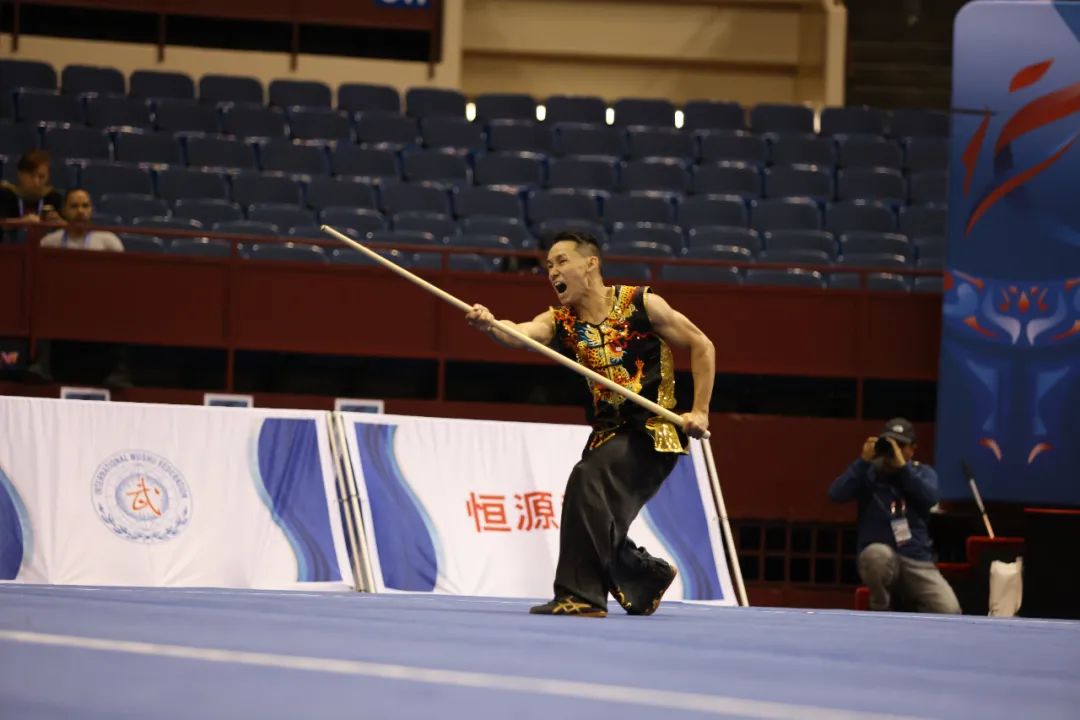
In 2023 at the 16th World Wushu Championships Gabriel placed 9th in nangun, to mixed emotions. “It was my second World Championships for the Brazilian team,” he says. “I wanted to do better than the previous event in Shanghai. I was training better and wanted to show my progress. I was able to feel the atmosphere of this World Championships better than the previous edition. The teams were warming up, paying more attention to details during the competition. Many athletes from other teams also recognized me and congratulated me, which made me feel like I belonged to that competition. I really enjoyed the event. In addition to nangun, I also competed in nandao and nanquan. Unfortunately, I made mistakes in both performances. But I felt that I was able to do the best I could in nangun. I felt that I landed incorrectly on one of the jumps and felt a lot of pain in my knee, but even so, I felt that nangun's performance was the best I could have done that day.”
Gabriel notes that, “Each championship is different, because everything changes: the location, the athletes, even the team changes. So it's always a new experience. I liked the competition in the USA, and also the gym was big and spacious. It always gives an adrenaline rush!”
Taolu World Cup in Japan
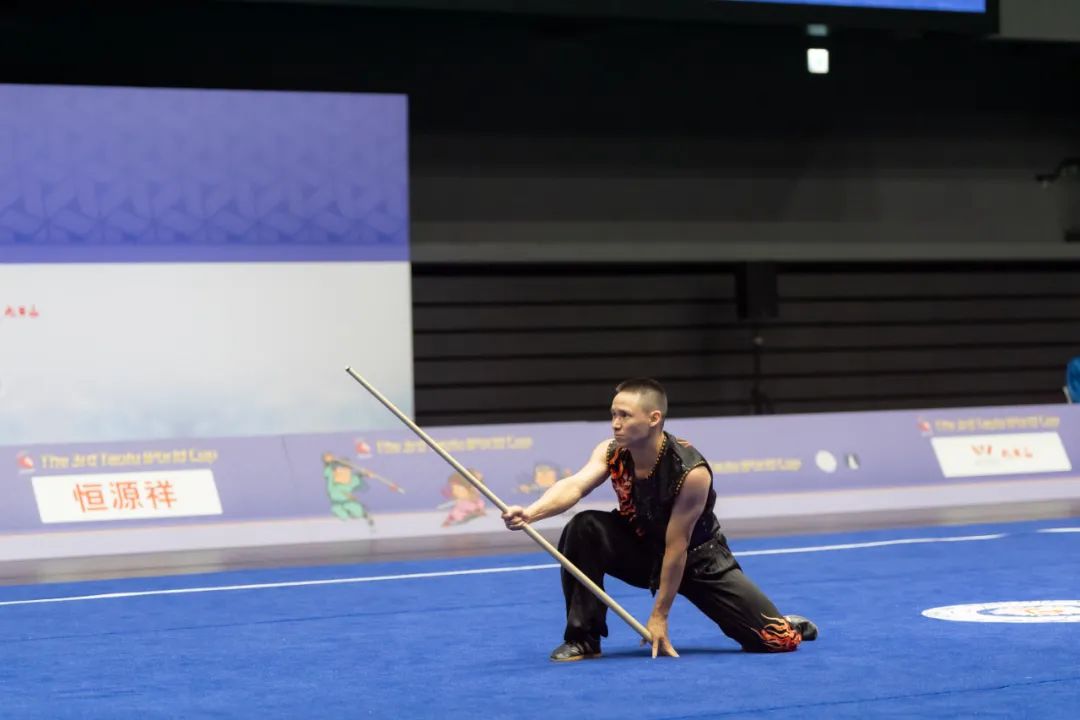
Gabriel would qualify for the Taolu World Cup and went to in Japan in 2024, placing 6th in nangun at the competition. The experience was fairly thrilling. “The trip,” he says, “was really cool. It's a country I've always wanted to visit. I'm a big fan of Japanese culture, especially because of my family tree. So the trip itself was really fun. The competition was really interesting, because the best in the world are there. So there aren't many people, you can feel the tension and the atmosphere of each athlete. How they warm up, how they prepare, how they walk, and what they do after training. Watching that gives me a different perspective. I was very nervous, but at the same time excited. I made mistakes in my performance, but I felt like I competed with everything I had trained that year. It was my first Taolu World Cup. And it won't be my last.”
BRICS and World Games Series
2024 held a busy wushu calendar for Gabriel who also attended the BRICS Games, and the World Games Series in Hong Kong, China. “I didn't have a good competition at BRICS,” he recalls. “I had gotten sick the week before the trip, and I was still feeling unwell. But one thing that made BRICS 2024 special for me was seeing that I was competing on equal terms with my competitors. It wasn't a matter of "taking my chances" and hoping that I would get everything right and still be able to count on other athletes making mistakes. Looking at the scores from that competition, I competed on the same level as the other athletes. Having the confidence to know that I was competing head-on was something that became clear to me at BRICS.”
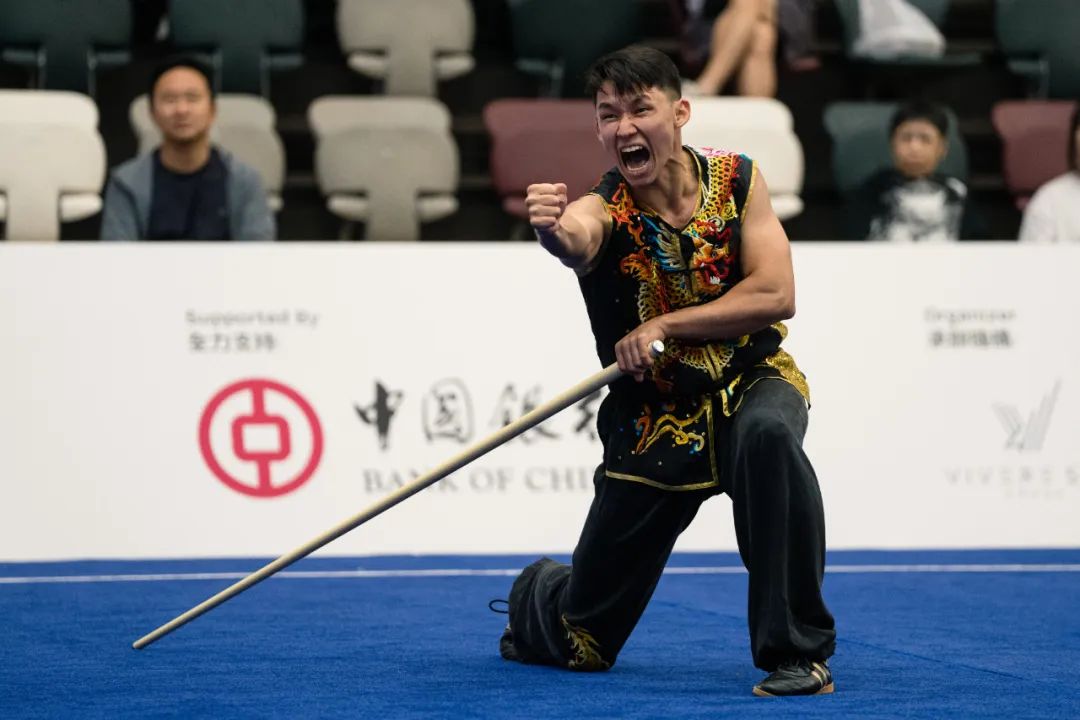
“I also competed in the World Games Series in Hong Kong, China” Gabriel says. “A combined competition of nanquan and nangun. I came in 5th place due to an imbalance in the nanquan presentation. This competition also helped me to be sure that I am competing head-to-head with other countries. It is no longer a matter of luck. The trip was very pleasant, everything was well organized.”
Wushu Life – Training and Traveling, Friendship and Love
“Brazil is a big country,” says Gabriel reflectively. “Many of the athletes on the Brazilian team live far from each other. We rarely get to train together. Every year we have 2 group training sessions, which is usually when we get the whole team together and help each other with training tips and new things we're working on. But the whole team gets along really well. We're close and always try to help each other out, both on trips and outside of competitions. After the competitions, we go out to eat local food and explore the city that's hosting the competition. It's always really nice.”
Gabriel trains and is friends with two other Brazilian athletes: Michele Santos and Márcio Coutinho. “Márcio is my coach,” Gabriel says, “and Michele is my fiancée. We know the other athletes, but some live very far away, and the daily routine is always busy, so we don't have many opportunities to meet at other times. I'm not close friends with other international athletes yet, although I always talk and interact with them during competitions. Wushu is also about discovering new places with friends by your side. Discovering other cities, other countries and meeting new people, other languages and cultures.”
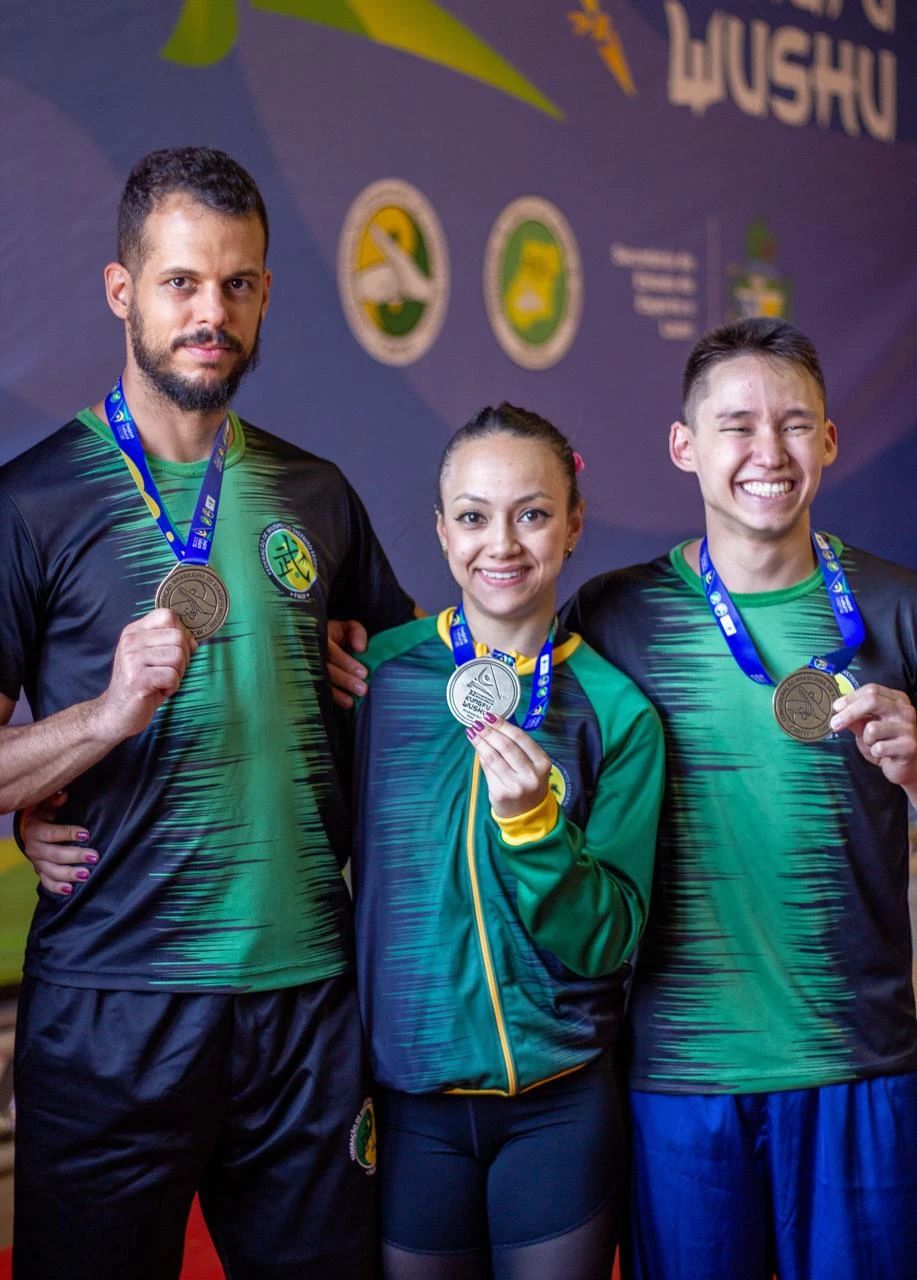
“Márcio Coutinho, my coach,” Gabriel adds, “takes care of everything in an athlete's life: physical training, wushu training, recovery training and other protocols. I am where I am thanks to him. He is very strict, but he is also very understanding. He helps me not only to grow as an athlete, but also as a person.”
Wushu Development in Brazil
We asked Gabriel how he sees wushu developing wushu in Brazil, South America and Pan America in the next decade, and what are the biggest challenges for Brazilian wushu? He replies, “We are increasingly studying and understanding more about training, both in sport generally and in wushu itself specifically. And I also see other countries doing the same. In the next decade, I see coaches and teachers who will be more qualified and capable of teaching and developing new athletes.”
He continues, “A big challenge for wushu in Brazil is still the lack of support. We are not a professional sport in Brazil, so we still have to work other jobs on the outside to help us live our lives as athletes. One of the greatest achievements here is having official competition equipment, both the carpet and the sanda platform. This shows that we have a strong and present wushu community here in the country, and it provides new opportunities to make the sport better known and more practiced in Brazil.”
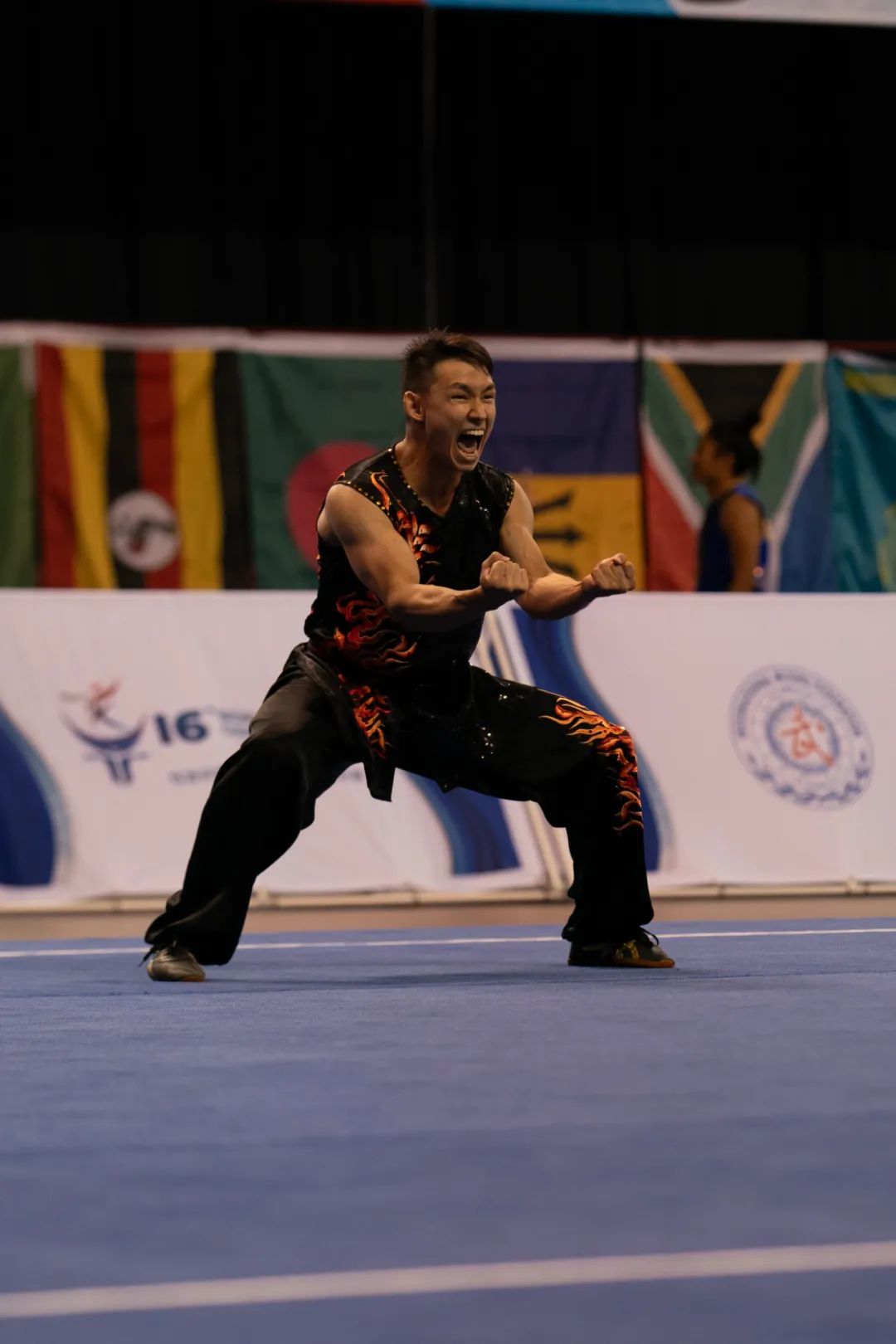
Balancing Wushu, Family, Work and Life
On a personal level, Gabriel says his own biggest challenges were “the two knee injuries I had. One on my right knee, in 2016. And the other on my left knee, in 2020. Not being able to train is really bad. And the fear of jumping again and also wondering if it could happen again.”
Gabriel notes that the support of his family has been very meaningful. “My parents have always encouraged me,” he says. “In my first year of wushu, my father would always come to see me at school. Whenever I needed it, they would help me financially and sometimes they even went to see me compete outside of Brazil. So I am grateful for the support my family has given me in my life.”
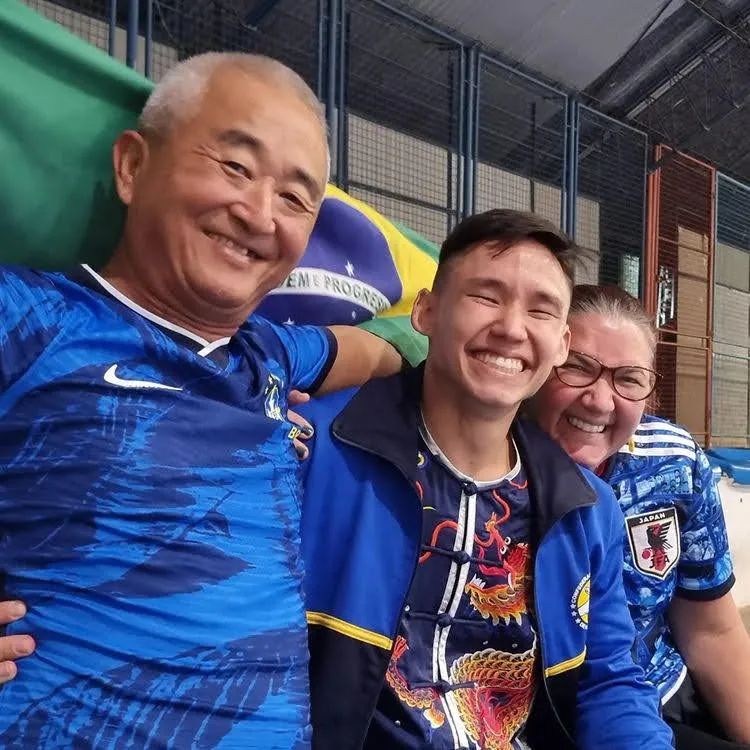
For his work supporting his sport career, Gabriel has used his wushu skills and combined them with his tech savvy side as well as his sport foundation. He says, “My coach and I have a digital business. We teach wushu on social media, and we also teach strength and flexibility training focused on martial arts in general. Michele and I also teach in a social project. We teach wushu to children.”
He adds, “Our routine quite divides our time. We train for a time, and record videos on the work time. Or we teach and then train. It's not easy, but we always manage to do everything.”
Romance and wushu go hand in hand. “For fun,” he says, “I like to spend time with my fiancée, watching cartoons and anime and talking about the future and wushu (for a change!) We also go out to dinner. I really enjoy being with her.”
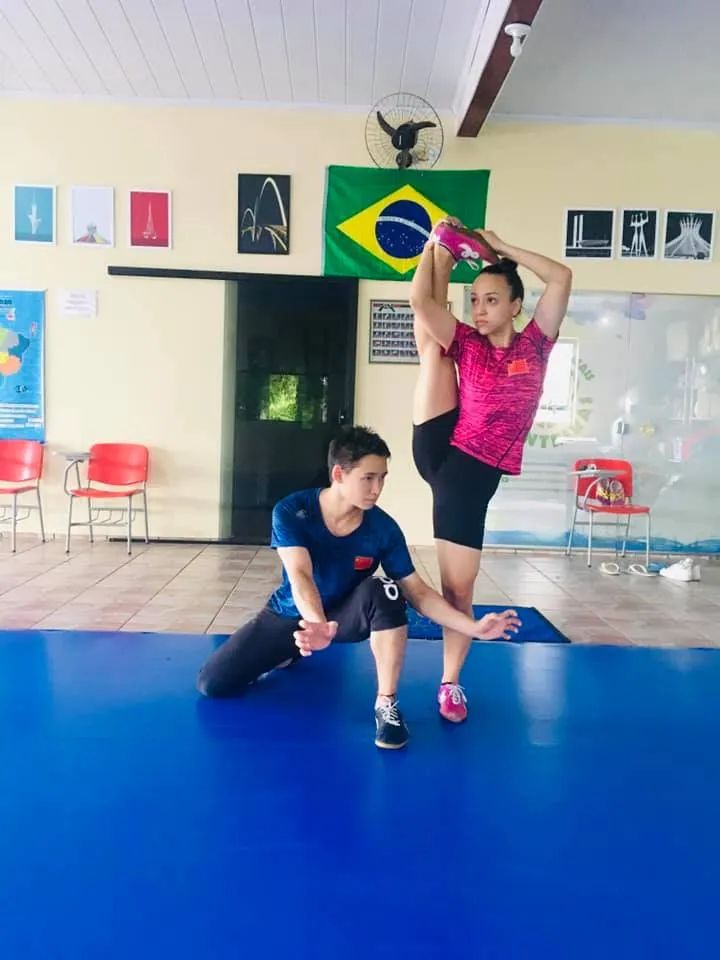
Wushu Philosophy, Goals & Legacy
On his philosophy of wushu, Gabriel muses, “Wushu is one of the main pillars of my life today. Everything I do is based on wushu. I became a better person because of it, I met new people, made friends, learned a lot of things, and went to live in another country. So everything I have today is because wushu opened up these possibilities. I still want to compete for another 5 years, always improving and competing well. I want to reach the podium in the championships I go to, be it the World Cup, BRICS or any other competition. But I want to get there.”
“As a legacy,” he states, “I would like to be an example for the future generation. Help the new athletes who are coming up and be able to be a good coach. I still intend to stay involved with wushu after I retire. Work with the Brazilian national team, and also continue helping and teaching through social media, to promote and make wushu better known here in Brazil.”
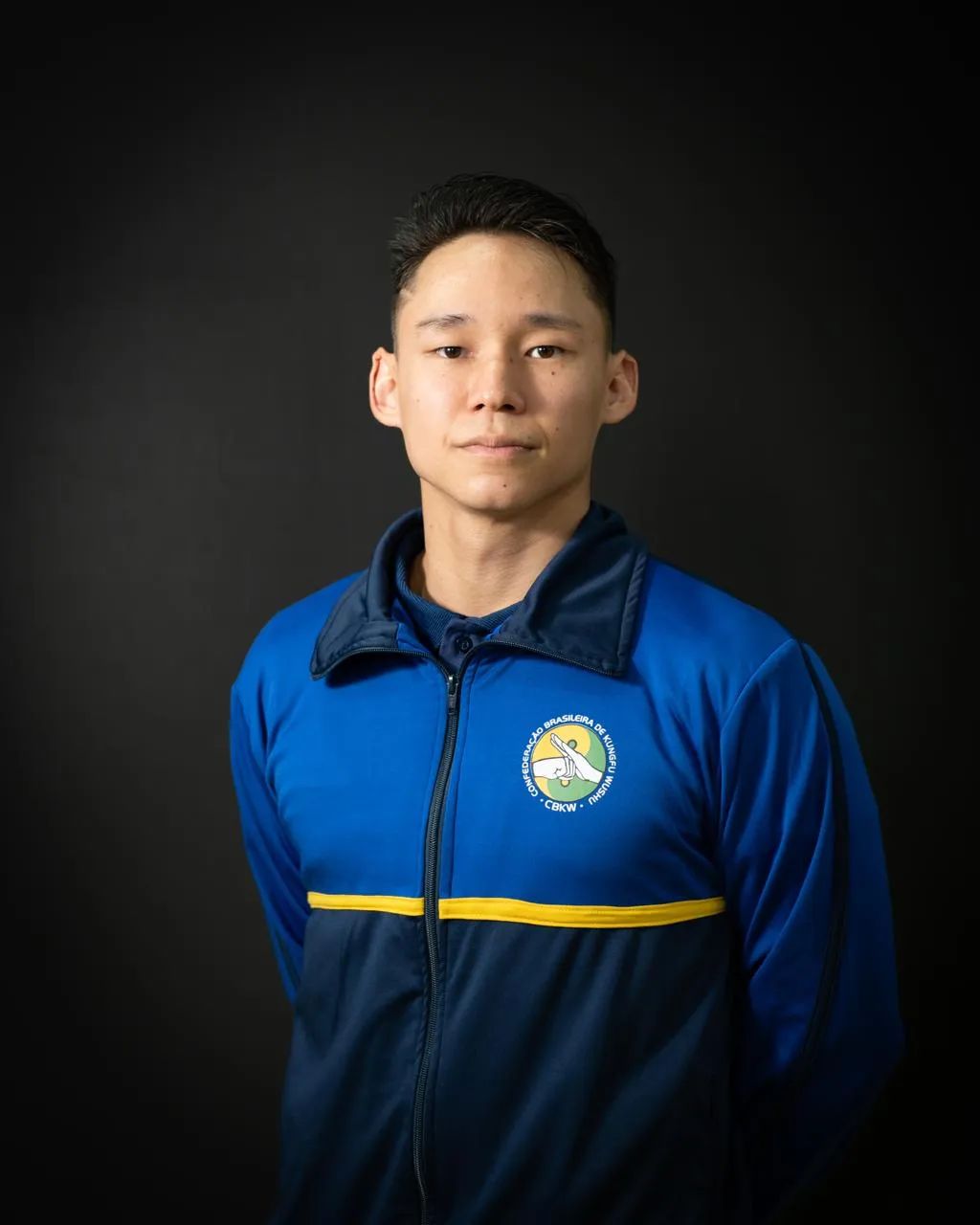
17th World Wushu Championships – Brasilia!
We asked Gabriel if he plans on competing at the next World Wushu Championships in 2025 in Brazil, especially as this is an historic event, the first time the WWC is being held in Latin America. Does he feel any pressure?
Gabriel replies, “Yes, it is in my plans. We are preparing to select the team that will represent Brazil in the world championship. I will do my best to be one of the representatives. A championship of this level, of this magnitude, being held here in Latin America for the first time shows that we are increasingly embracing and making the sport known here in Brazil. One thing that I am proud of about the Brazilian Wushu/Kung Fu Confederation is the competence of all the diligent people. They are good-natured and responsible people. Thanks to them, we are seeing wushu growing more and more in Brazil.”
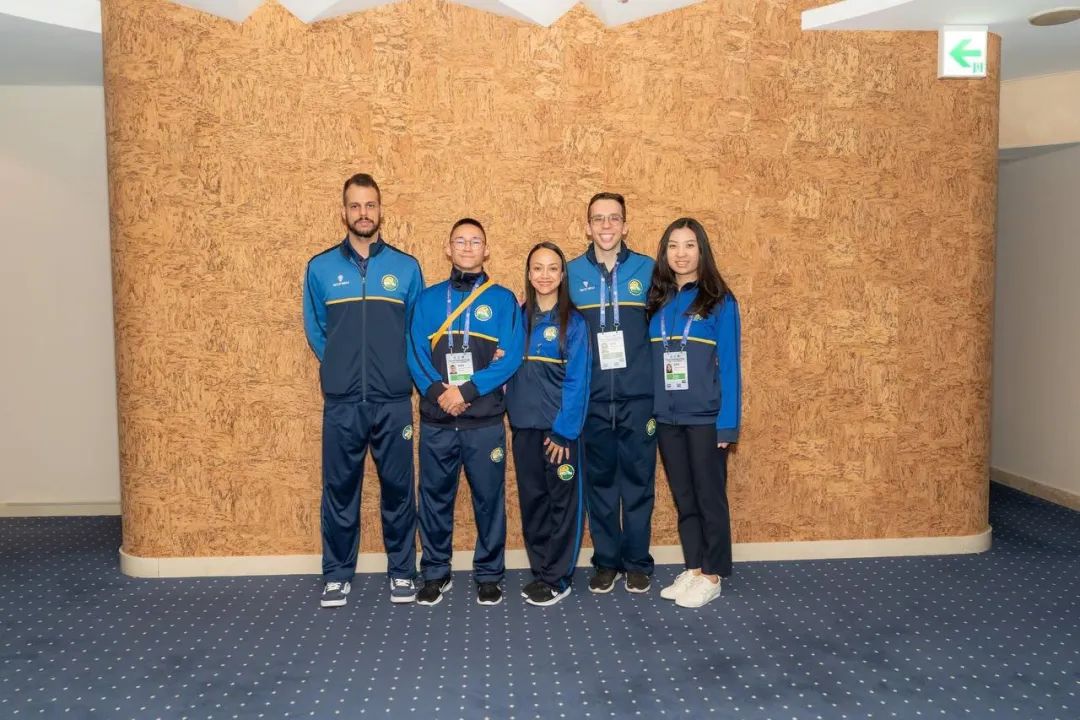
He adds, “As was the case with the Pan American Games in 2022, competing at home always brings more pressure, but I confess that I am very anxious to see the fans cheering for Brazil when each of us enters to perform. The world will hear our team's cry: ‘one for all, all for one’!”
